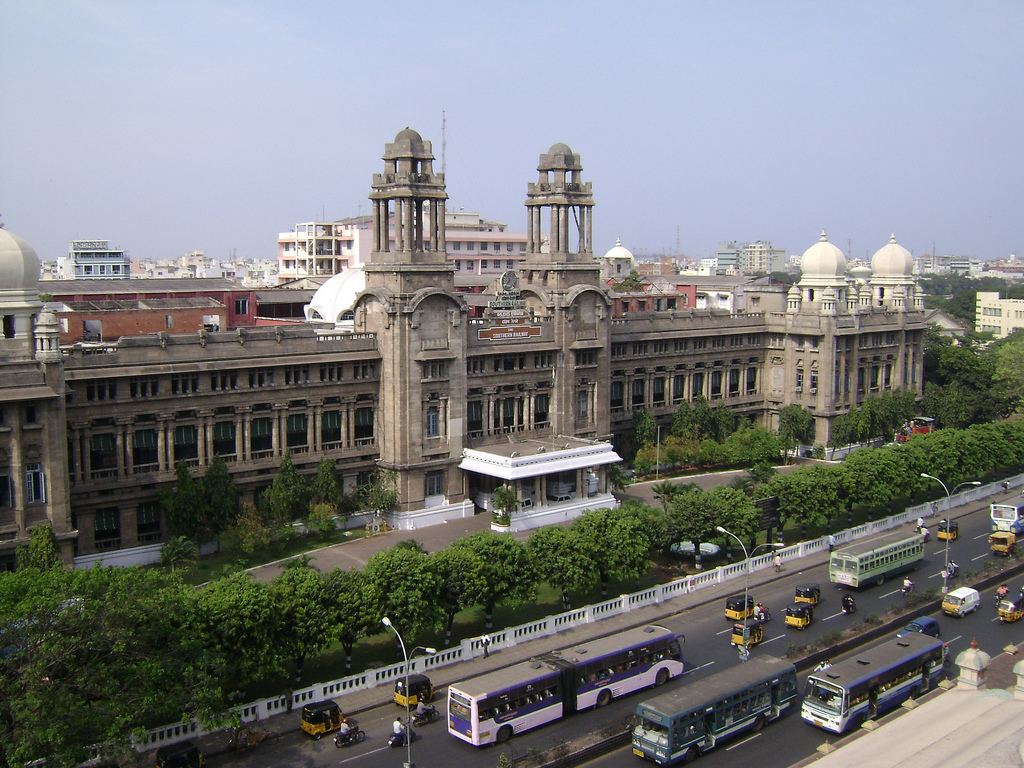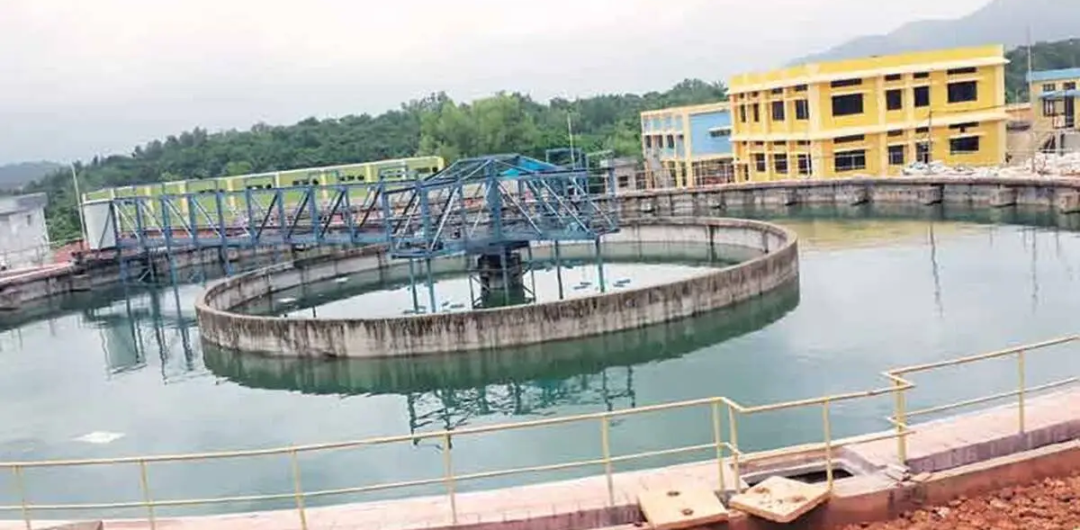The World Bank Board of Executive Directors today approved a $150 million program to support the Government of Tamil Nadu’s vision of making Chennai into a world-class city that is more green, livable, competitive, and resilient to climate change and other shocks.
The $150 million Chennai City Partnership: Sustainable Urban Services Program will help strengthen institutions, improve the financial health of service agencies, and drive significant improvements in the quality of four key urban services — water supply and sewerage, mobility, health, and solid waste management.
The Chennai Metropolitan Area, home to about 10.9 million people, is India’s fourth-most populous metropolitan area. Despite being an economic powerhouse, Chennai has not kept pace with the growing demand for key services. The coastal city also remains highly vulnerable to natural disasters, climate change, and, as the COVID-19 emergency revealed, to pandemics.
This program will support the Government of Tamil Nadu (GoTN) in its efforts to transform the city and its services while accelerating Chennai’s shift to lower carbon and a more resilient growth trajectory. It will help GoTN, Greater Chennai Corporation (GCC), and key service agencies adopt new approaches to service delivery and bring a renewed focus on results for citizens.
“The COVID-19 pandemic has revealed the fault lines not only in health care delivery systems but also in delivery systems for basic infrastructure services such as water, sanitation, and transport,” said Junaid Ahmad, World Bank Country Director in India. “This program heralds the start of our partnership with the city of Chennai where we will work with GoTN to jointly create a more climate-friendly, resilient, and inclusive model for managing urban growth. The experience emerging from this partnership can inform other Indian cities and, more broadly, India’s massive urban transition.”
Highlights on the key services under the program for the water sector are:
To help break the recurring cycle of floods and droughts plaguing Chennai, the program will support the integrated management of water resources, the water supply system, and demand. It will support the creation of a Water Regulatory Authority; use of performance-based operator contracts for improving water supply and sanitation services (WSS) in the core city area; extension of services to households residing in newly-added peripheral areas; improvement in operational efficiency (e.g., through reduction of water losses); and enhanced cost recovery (through improved collection of user charges and/or reduction of operating costs).





